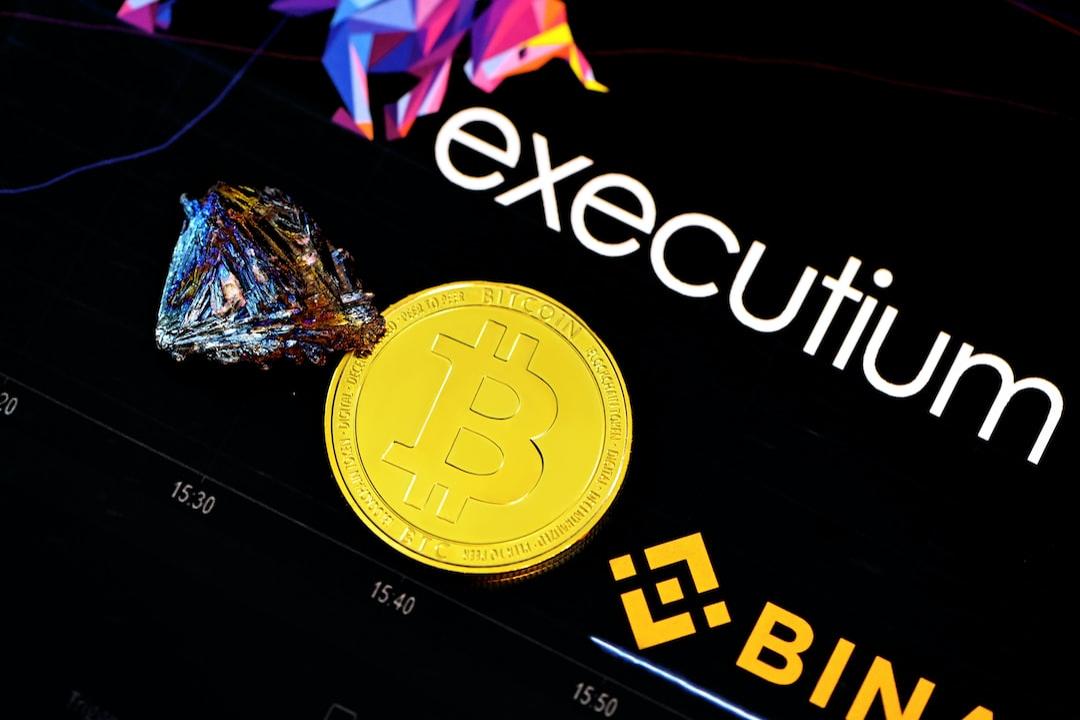The US Securities and Exchange Commission (SEC) has taken legal action against Consensys, the parent company of MetaMask. In a complaint filed on June 28, the SEC alleges that Consensys has been acting as an unregistered broker and conducting unregistered sales of securities through MetaMask Swaps since 2020.
According to the complaint, Consensys has generated over $250 million in fees by facilitating crypto asset transactions and offering staking services without proper registration, leaving investors without necessary protections. The SEC is seeking a permanent injunction, civil penalties, and other remedies against Consensys for violating federal securities laws.
Furthermore, the SEC claims that by enabling investments in Lido and Rocket Pool’s staking programs, Consensys has facilitated unregistered transactions, omitting crucial protections for investors.
Consensys previously filed a lawsuit against the SEC in April after receiving a Wells notice, contesting efforts to classify Ether (ETH) and related staking services as securities. The company anticipated the SEC’s investigation and maintains that the agency lacks the authority to regulate software interfaces like MetaMask.
The SEC’s complaint characterizes staking programs offered by Lido and Rocket Pool as investment contracts, asserting that investors participating in these programs are pooling Ether in a common enterprise with an expectation of profits. Neither Lido nor Rocket Pool has registered with the SEC.
The SEC argues that by supporting these staking programs through MetaMask, Consensys has acted as an unregistered broker and underwriter. Other staking service providers, such as Kraken, have faced legal action from the SEC in the past, resulting in settlements and the termination of services for US clients.
Staking involves locking cryptocurrencies in a digital wallet to secure and operate a blockchain network. Validators confirm transactions and create new blocks based on their staked amount, earning rewards in return. These rewards offer stakers a source of passive income.
In light of recent Ether ETF approvals, the SEC’s stance on staking as a security remains a topic of debate in the legal system.

